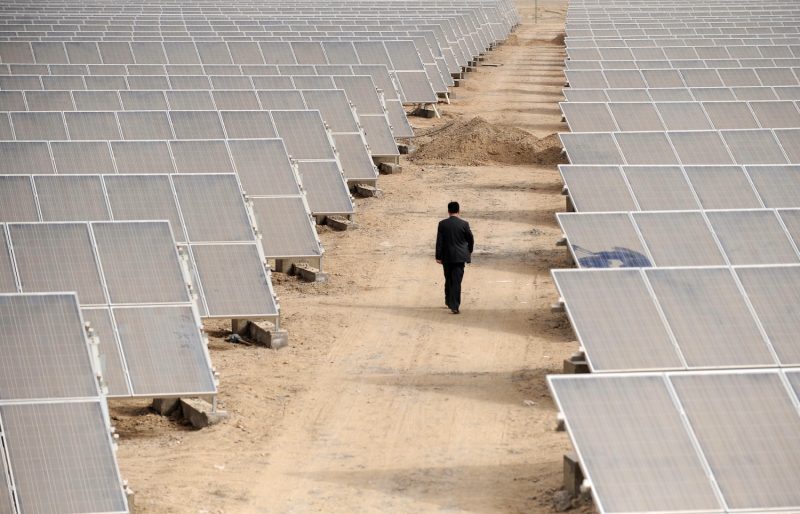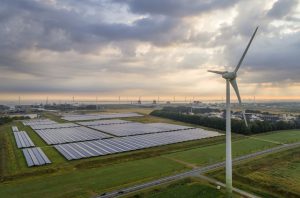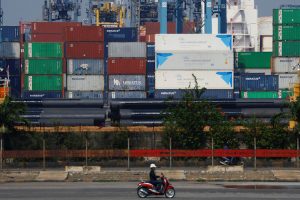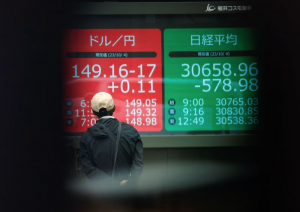The Biden administration follows up on a threat to restrict exports to Chinese companies that produce polysilicon for solar panels
(AF) The US Commerce Department on Wednesday June 23 restricted exports to five Chinese companies that it said were implicated in human rights violations in Xinjiang.
The firms include producers of polysilicon for the solar panel industry where US and Chinese companies are competing for global market share.
The continuing risks to US-listed shares of Chinese companies that are exposed to regulatory sanctions were underscored when Daqo New Energy saw its New York Stock Exchange-listed shares fall more than 9% in after hours trading on Wednesday, in the wake of the inclusion of one of its units in the Commerce Department announcement.
Daqo New Energy’s shares had closed the regular New York trading session up by 2.8%.
The companies added to the Commerce Department’s “Entity List” of sanctioned firms were Hoshine Silicon Industry; Xinjiang Daqo New Energy Co, the unit of Daqo New Energy; Xinjiang East Hope Nonferrous Metals, a subsidiary of Shanghai-based East Hope Group; Xinjiang GCL New Energy Material and Xinjiang Production and Construction Corps (XPCC).
The companies include manufacturers of the monocrystalline silicon and polysilicon that are used in solar panel production – a fast growing market given the global shift to greener energy sources.
“These entities have been implicated in human rights violations and abuses in the implementation of China’s campaign of repression, mass arbitrary detention, forced labour and high-technology surveillance against Uighurs, Kazakhs, and other members of Muslim minority groups in the Xinjiang Uighur Autonomous Region,” the Commerce Department said in its announcement.
US officials had previously indicated that the Biden administration was considering restrictions on Chinese solar producers in Xinjiang, where much of the global supply of polysilicon used in solar panels is sourced.
“It is my understanding that the Biden administration is right now in the process of assessing whether or not that will be the target of sanctions,” Biden’s climate envoy, former senator and presidential candidate John Kerry told the House of Representatives in May, referring to solar products in Xinjiang.
The XPCC was deployed in Xinjiang in the 1950s to build farms and settlements. It remains powerful in the region’s energy and agriculture sectors.
Foreign governments and human rights activists say it has been involved in the crackdown and surveillance of Uighurs in the region, including running detention camps.
The US Treasury Department last year sanctioned XPCC for “serious rights abuses against ethnic minorities.”
In March, the Treasury Department announced sanctions on two more Chinese officials in connection with human rights abuses in Xinjiang region.
President Biden had only limited success in persuading US allies at the recent G7 meeting to take tangible steps to combat human rights abuses in Xinjiang.
The Commerce Department announcement on Wednesday indicated that the US will continue with unilateral steps to target Chinese companies – a policy that has bipartisan support among US politicians.
That, in turn, is likely to ensure continuing bouts of volatility in the US-listed shares of Chinese companies that could be affected by tension between the two global powers.
























